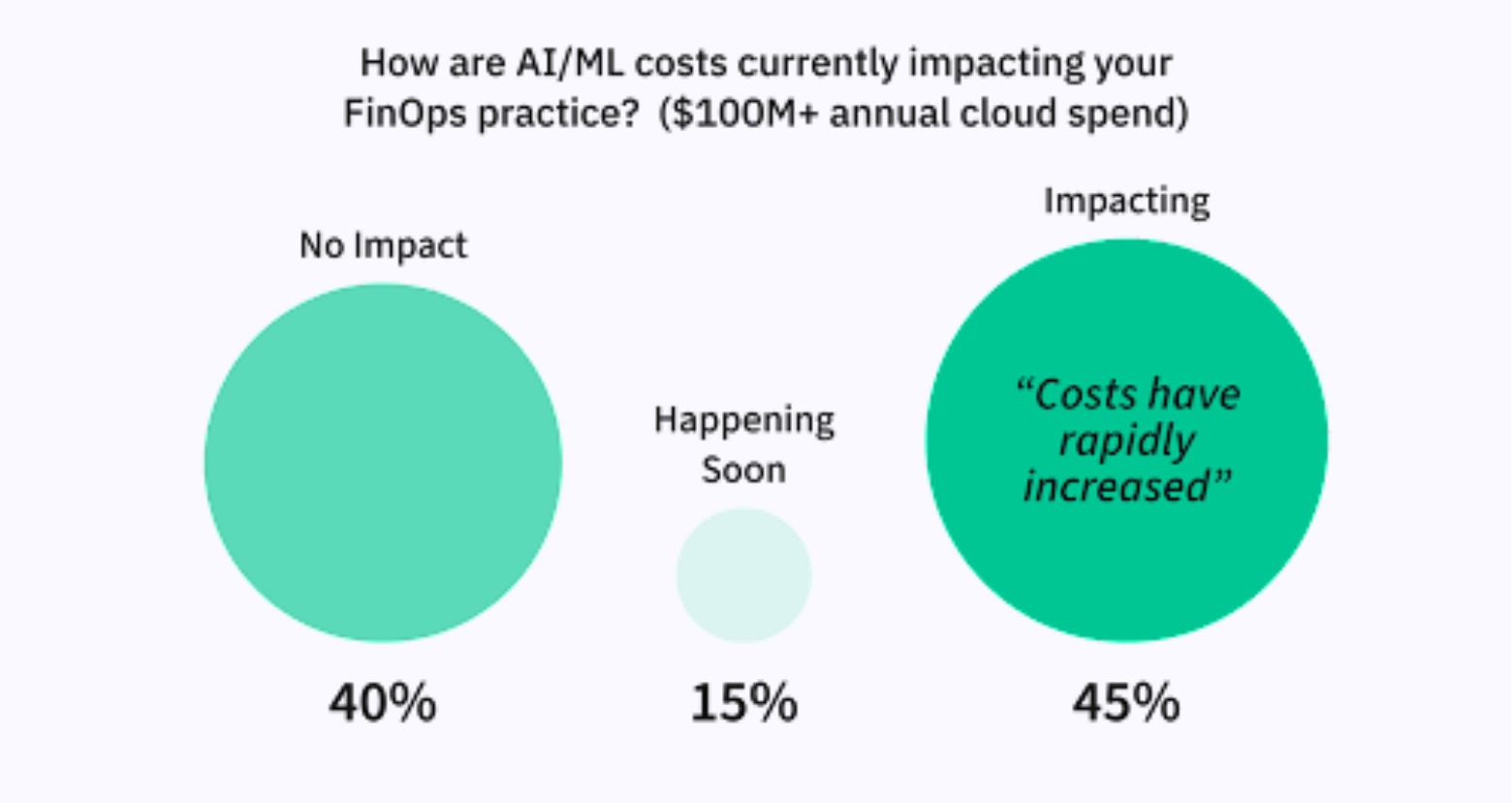We’ve been told countless times over the past few years what an impact Artificial Intelligence (AI) is going to have on all our lives. But while it’s true that Artificial Intelligence will certainly provide some huge opportunities, a recent survey we ran at Packt has found there are plenty of challenges.
All too often, among the hype and excitement, it’s easy to see artificial intelligence as a silver bullet towards a future of automation and innovation. However, it’s also true that like any other trend that receives significant attention, the reality of implementing AI is tricky – it’s far from a silver bullet solution.
In August, we asked 2,800 software engineers – some of them working in data science and analysis, but many more in areas like web development and cybersecurity – for their perspective and attitudes to artificial intelligence. The results were really insightful, and helped provide a picture of what artificial intelligence means to developers working in all fields.
We were interested in finding out what personal challenges artificial intelligence poses for developers. At Packt, we’re acutely aware of how new trends and tools can put pressure on developers to keep on top of their skill sets – we wanted to see how a trend finding its way into every corner of software engineering was impacting the lives of customers and readers.

3 areas stood out here: Having enough time to learn new things, (80% said it was either ‘challenging’ or ‘very challenging), having high quality data (69% said it was ‘challenging’ or ‘very challenging’), and knowing which frameworks and tools to learn and use (64% describing it as either ‘challenging or ‘very challenging’).
This helps us build up a clear picture of what the artificial intelligence revolution feels like across the landscape – while people may be aware of the benefits of AI, they simply don’t have the resources at their disposal to leverage it.
While it’s not surprising to see respondents claim they don’t have enough time to learn new things (we’ve seen similar results whenever we ask people about this), it does seem that there’s a strategic or infrastructure problem. Respondents clearly don’t have confidence in the data they’re being given to work with, and they’re unsure where to start when it comes to workflow.
This indicates that there’s a leadership vacuum when it comes to artificial intelligence. Arguably, artificial intelligence impacts so many departments within a business, that getting control of how it’s implemented is tricky. Marketing might want the automations, but users can’t be tracked properly. Perhaps finance wants to automate processes but doesn’t know how to securely integrate legacy systems with new artificial intelligence platforms and tools.
This brings us nicely to a further question we asked that was focused more on the professional challenges posed by AI.
We wanted to know the biggest pain points of adopting and implementing AI – here are the results:

The biggest pain point to emerge here was internal data literacy and awareness. Clearly, despite the hype that surrounds artificial intelligence, there’s a distinct lack of understanding around data within organizations. One survey respondent was specific about the challenge saying “top management have little awareness of what AI really is.”
But perhaps we could also tie this back to the leadership vacuum. The problem isn’t with a skills gap, as we so often hear, but rather with a broader organizational problem with what AI and data do, and how they can and should be used.
This is further suggested by the data. 67% of respondents said strategic alignment with business goals and problems was either ‘challenging’ or ‘very challenging’.
It isn’t going to be easy to tackle some of these challenges. But it is going to require significant realism, and a movement away from some of the recent hype around artificial intelligence. Artificial intelligence experts need to be at the forefront of the conversation about how best to deploy artificial intelligence – but organizations also need to think carefully about how they structure themselves to properly adapt and respond to these challenges.
It’s time we took the data revolution seriously – let’s forget the hype and empower everyone from developers to data scientists to non-technology professionals to get smarter and more productive with artificial intelligence.
By Richard Gall





